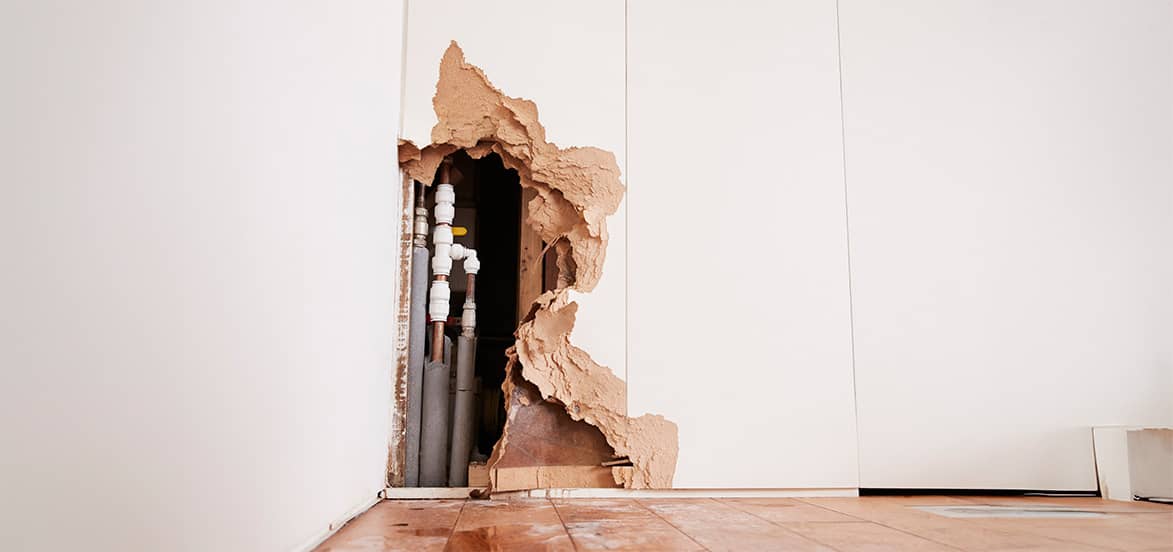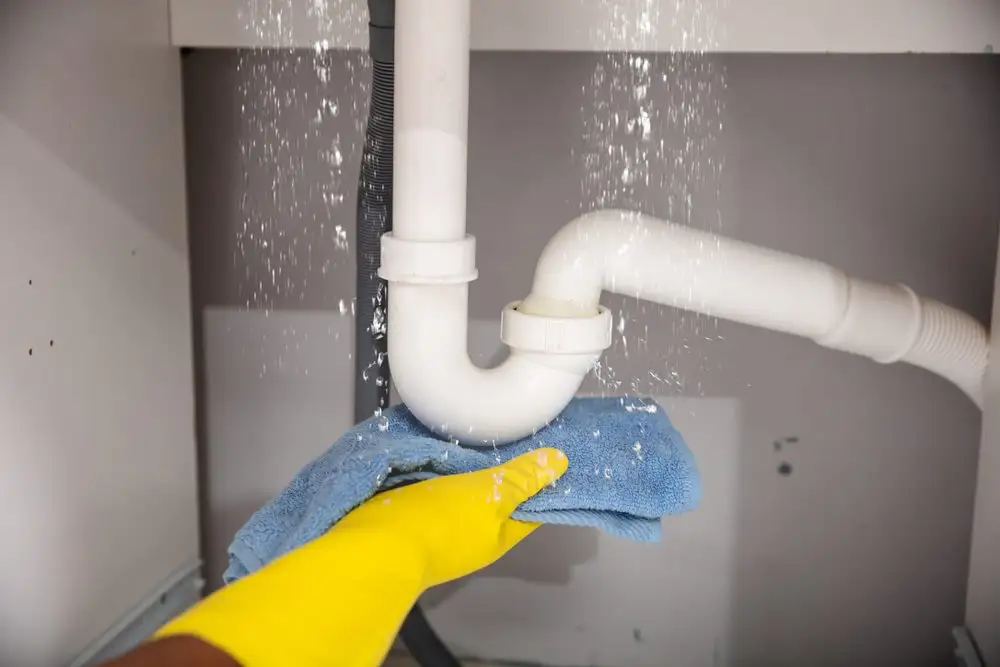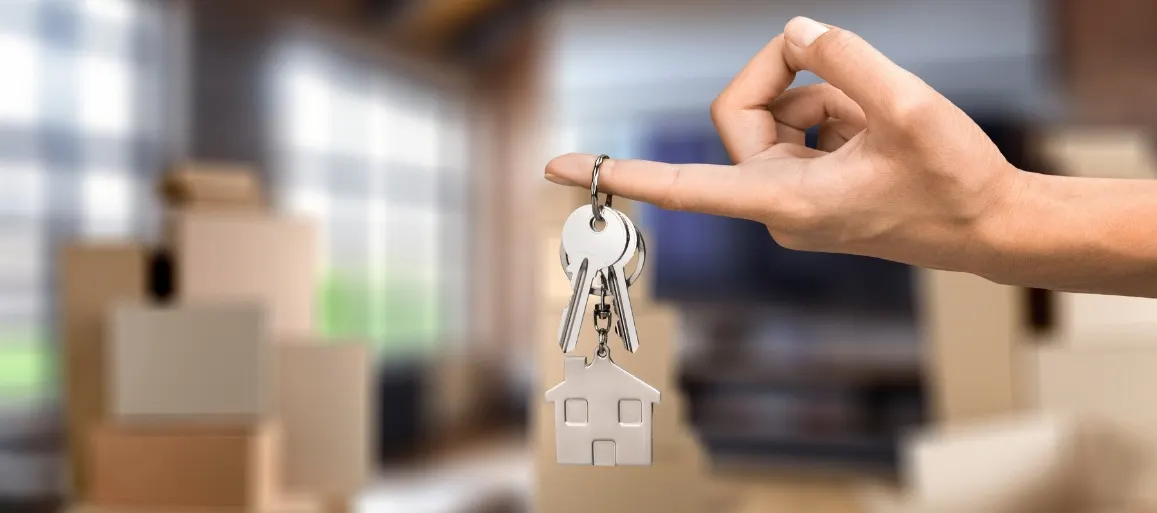6 Ways to Spot Water Leaks in Your Home and How to Avoid Them
Water leaks are a common yet often overlooked problem in many homes. These leaks can cause significant damage if not detected early, leading to costly repairs and potential health hazards from mold growth. As a professional plumber, we are here to guide you through identifying subtle signs of hidden leaks and how to prevent them. Remember, early detection is key to avoiding serious issues.
Recommended reading: How Does Water Leak Impact The Water Supply?
1. Unexplained Increase in Water Bills
One of the first signs of a hidden water leak is an unexpected spike in your water bill. If your usage hasn’t changed but your bill has, it’s a red flag. Monitor your water bill regularly, and if you notice any unusual increases, it might be time to investigate further.
How to Avoid: Keep track of your monthly water bills and compare them over time. If you see a significant rise, even if your usage hasn’t changed, it’s wise to consult a professional plumber to inspect your home for leaks.
2. Discoloration on Walls, Ceilings, or Floors
Water leaks can cause noticeable discoloration on your home’s surfaces. Yellow, brown, or dark stains on walls, ceilings, or floors are common signs of moisture. These stains can indicate a hidden leak behind the surface, often from a pipe within the walls or a roof leak.
How to Avoid: Regularly inspect your home, paying attention to any changes in color or texture on your walls, ceilings, and floors. If you spot any discoloration, contact a professional to assess the situation and repair the leak before it worsens.
3. Damp or Musty Odors
A persistent musty smell is often a sign of mold or mildew caused by moisture buildup from a leak. Even if you can’t see the leak, the odor can be a telltale sign that water is seeping into areas it shouldn’t.
How to Avoid: Address any musty odors immediately by checking the areas around the smell for dampness. Mold and mildew thrive in moist environments, so it’s crucial to locate the source of the leak quickly. A professional plumber can use specialized tools to detect leaks behind walls or under floors.
4. Peeling or Bubbling Paint and Wallpaper
When water infiltrates walls, it can cause paint or wallpaper to bubble, peel, or warp. This is due to the moisture weakening the adhesive that holds the paint or wallpaper to the wall.
How to Avoid: Keep an eye on your home’s interior surfaces. If you notice any bubbling, peeling, or warping, don’t ignore it. It’s a sign that moisture is present, and you should consult a professional to find and fix the leak.
5. Unexplained Damp or Wet Spots
If you find damp or wet spots on your floors, walls, or ceilings that can’t be explained by spills or weather, you might have a leak. These spots can appear anywhere in your home and may feel cold to the touch.
How to Avoid: Regularly check areas prone to moisture, such as bathrooms, kitchens, and basements. If you discover damp spots, especially in dry weather, contact a plumber to investigate the source of the moisture.
6. Low Water Pressure
A sudden drop in water pressure could be due to a leak in your plumbing system. If water is escaping from a pipe before it reaches its destination, you’ll notice a decrease in pressure from your faucets or showerheads.
How to Avoid: Test your water pressure regularly by running water from different faucets. If you notice a sudden drop, it’s crucial to have your plumbing inspected by a professional. Leaks behind walls or under floors can lead to significant damage if not addressed promptly.
Professional Leak Detection and Repair Services
If you suspect a water leak in your home, it’s essential to act quickly. At All Star Plumbing, we offer professional leak detection and repair services to help you identify and fix leaks before they cause serious damage. Our experienced team uses advanced tools to locate hidden leaks, ensuring your home stays safe and dry.
FAQs About Water Leaks
- How can I detect a water leak at home?
To detect a water leak, look for signs like unexplained increases in water bills, damp spots, discoloration on walls or ceilings, and low water pressure. You can also turn off all water in your home and check the meter; if it continues to run, there’s likely a leak. - What are the signs of a water leak?
Common signs include unusual water bills, damp or discolored spots on walls or floors, musty odors, bubbling or peeling paint, and low water pressure. - How do I find out where my water is leaking from?
Finding the source of a leak can be tricky. Check common areas like under sinks, around toilets, and near appliances. If you can’t find the leak, a professional plumber can use specialized equipment to locate it. - Where is the most common water leak in a house?
The most common leaks occur in areas with frequent water use, such as bathrooms, kitchens, and basements. Leaks are also common in pipes within walls or ceilings. - Can small leaks cause significant damage?
Yes, even small leaks can cause significant damage over time. They can lead to mold growth, structural damage, and higher utility bills if not addressed promptly. - How often should I check for water leaks in my home?
It’s a good idea to inspect your home for leaks at least twice a year. Regular inspections can help you catch leaks early and avoid costly repairs.
At All Star Plumbing, we’re here to help you keep your home leak-free. If you suspect a water leak or need assistance with any plumbing issues, don’t hesitate to contact us. Our team is ready to provide fast, reliable service to ensure your home stays safe and dry.






